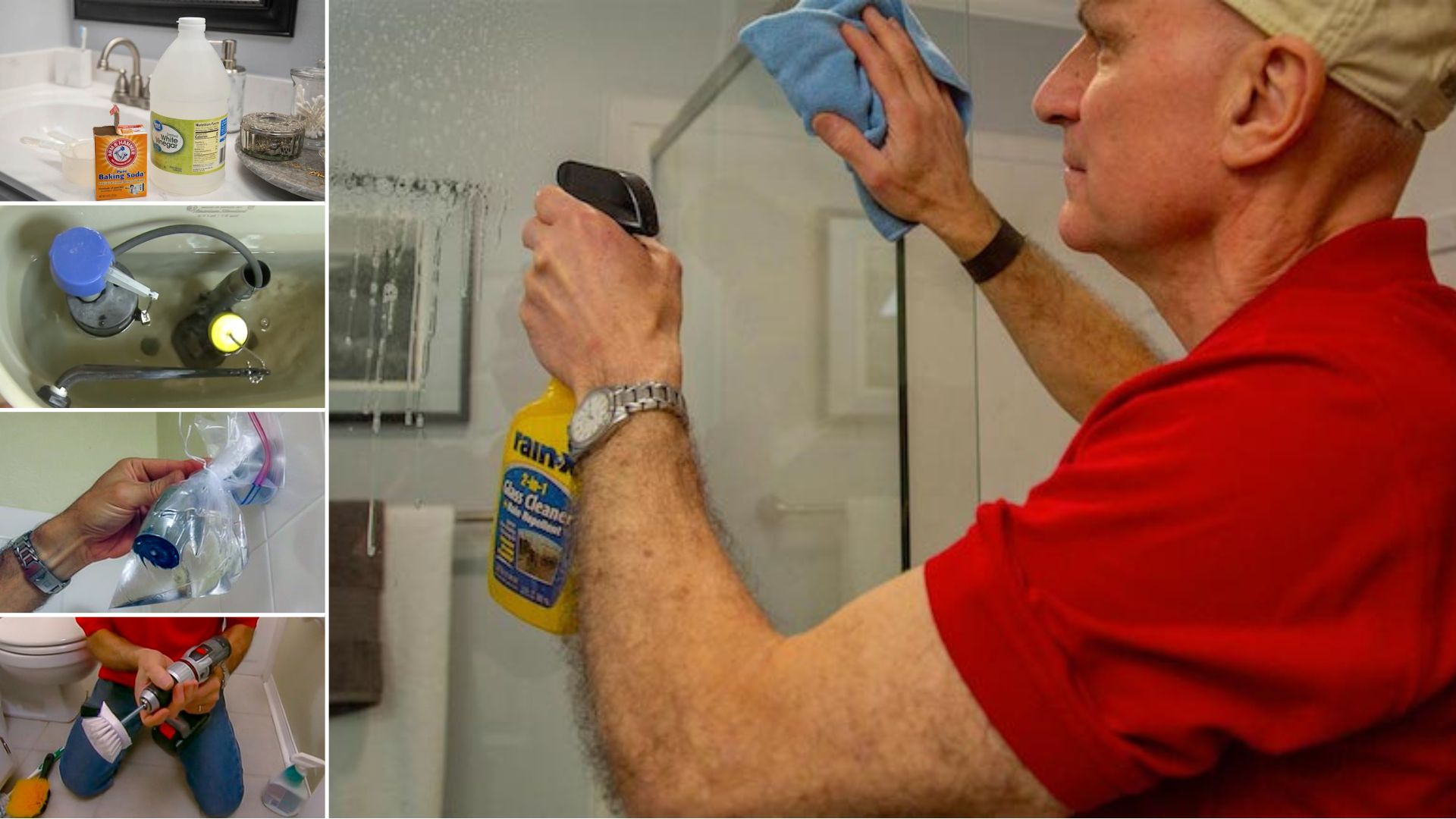Conveyancing is the legal exchange of legitimate titles of property from one owner to the other. It ensures that you get everything you have paid for during the purchase. In addition, they help you with legally owning the home you are purchasing.
Who Is Allowed To Do Conveyancing?
There are two kinds of professionals who can do conveyancing:
- A Conveyancing solicitor
- A licensed conveyancer
What Is The Process Of Conveyance?
Conveyancing can be divided into three phases from beginning to end:
The offer stage: In this stage, the budgetary courses are affirmed, and the costs if arranged.
The contract stage: In this stage, the conveyancer conducts searches, gathers the details, makes inquiries, and checks the home loan offers before making the contract.
The completion stage: Here, the contacts are traded, and parts of exchanges are confirmed. A date is decided on which the transaction is made, and the keys are handed over to the new owner.
Role Of A Property Conveyancer Do?
The answer is simple if you’ve been wondering what a property conveyancer does. A property conveyancer plays an important role from the day you hire him to the completion day.

Here are the things a conveyancer does:
- Open a purchase file: A conveyancer first, after they get the instructions, opens a purchase file and provides you with their fee details, terms, and conditions. The file consists of forms asking for your basic details. Also, they would ask for the details of the mortgage lender, estate agent, and more. He also contacts the other party’s conveyancer for the draft contract and other important documents he needs.
- Determine if the property is freehold or leasehold: Freehold means you would get absolute ownership of the property free from any third party. On the other hand, a leasehold means that you would own the property for a fixed term of years, but you will not own the land.
- Conduct local searches: A conveyancer has to determine if the property is in good condition and if all the services are available there. Buyers cannot determine the state by viewing it. Hence, conveyancers help the buyer identify if there is any hidden defect, an issue with planning permission, or any other factor that would affect the land value.
- Fill out the necessary legal forms: The conveyancer would fill out all the protocol documents like the Property Information form, Fittings and content form, and Leasehold information form.
- Track the progress of the sale: it is one of the primary roles of property conveyancers to keep their clients updated with the progress of processing. They maintain transparent communication and answer all the queries of their clients.
- Ask questions: The conveyancer asks the necessary questions and reviews all the documents. If they find anything wrong during the searches, they bring it up and the process is delayed unless a solution has been found.
- Request for the deposit: The buyer must pay around 5-10% of the total. Once the deposit has been made, the date of completion is decided.
- Completion of the deal: On the decided day, the contracts are traded, the transactions are complete, and the keys are handed over.
Conclusion!
If you plan to buy or sell your property, you can call for property conveyancing in Adelaide. We hope this article gives you an idea about conveyancing.











